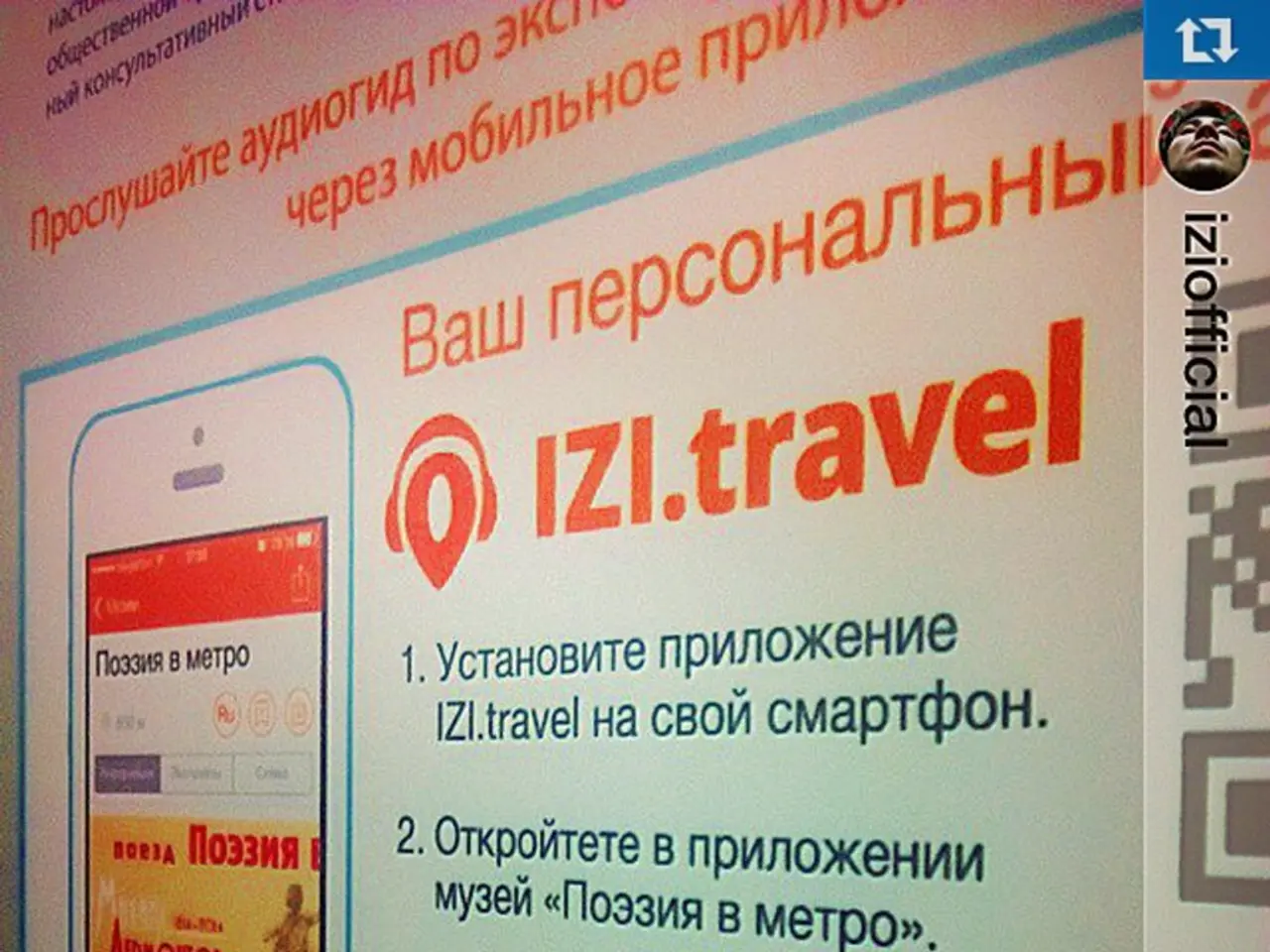Advertising advocacy groups promoting a ban on targeted ads allegedly employ targeted advertising strategies themselves.
In the digital age, targeted ads have become a contentious issue, with many advocacy groups and politicians criticizing their use for ethical and societal reasons. However, a closer look reveals that these same organizations often employ targeted ads themselves due to their effectiveness in reaching specific audiences.
One such group is the Irish Council for Civil Liberties (ICCL), which has spent hundreds of euros on targeted ad campaigns on Facebook over the past two years. The ICCL is not alone in this practice. The "Tracking-Free Ads Coalition," a group advocating for a ban on targeted ads, includes more than 20 percent of its civil society members who have used targeted advertising on Facebook since 2019.
European Digital Rights (EDRi), one of the primary advocates for a ban on targeted ads, has suggested that tech companies supporting targeted ads are hypocritical. However, it's essential to understand that these organizations use targeted ads strategically, not as an endorsement of the practice as a whole.
The pragmatic use of tools is a key factor. Targeted ads are highly effective in reaching the intended audience with precision, a necessity for advocacy groups to mobilize support, raise awareness, or fundraise. Similarly, Panoptykon, a member of EDRi, has used targeted advertising on Facebook, not just for corporate marketing, but also to advocate for specific policy positions in privacy laws.
Critics of targeted ads often argue that they lead to harmful outcomes such as misinformation, overconsumption, or privacy violations. However, their opposition is typically towards the way targeted ads are exploited by big industries rather than the fundamental technology of audience targeting. For instance, pharmaceutical ads driving up costs and influencing prescribing behavior are often cited as examples of misuse.
The need to effectively communicate often outweighs the ideal to avoid targeted ads entirely, especially because general, non-targeted advertising may fail to reach sympathetic or relevant audiences adequately. This is particularly true in political and social campaigns, where the stakes are high, and the need for a clear and impactful message is paramount.
Despite the strategic use of targeted ads by these organizations, a ban on targeted ads would have a detrimental impact on ad effectiveness and decrease available ad revenue for free online apps and services. As of November 2021, five MEPs are still using Facebook ads, and over two-thirds of the MEPs who have signed on to the "Tracking-Free Ads Coalition," 17 in total, have used Facebook ads since 2019.
However, those who want to ban targeted ads believe personalized advertising is invasive, threatens democracy, and will harm people. Yet, they provide no evidence for their claims, leaving the debate open for further discussion and research. The paradox of targeted ads used by advocacy groups and MEPs highlights the need for a balanced approach, ensuring effective communication while minimizing societal harms linked to targeted advertising practices.
- The Irish Council for Civil Liberties (ICCL) has spent hundreds of euros on targeted ad campaigns on Facebook, demonstrating that some organizations advocating for a ban on targeted ads also use them due to their effectiveness.
- The "Tracking-Free Ads Coalition," which includes over 20 percent of its civil society members who have used targeted advertising on Facebook since 2019, is an example of this practice.
- European Digital Rights (EDRi) has suggested that tech companies supporting targeted ads are hypocritical, but it's necessary to understand that these organizations use targeted ads strategically, not as an endorsement of the practice as a whole.
- Panoptykon, a member of EDRi, has used targeted advertising on Facebook not just for corporate marketing, but also to advocate for specific policy positions in privacy laws.
- A balanced approach, ensuring effective communication while minimizing societal harms linked to targeted advertising practices, is needed to address the paradox of targeted ads used by advocacy groups and MEPs.




